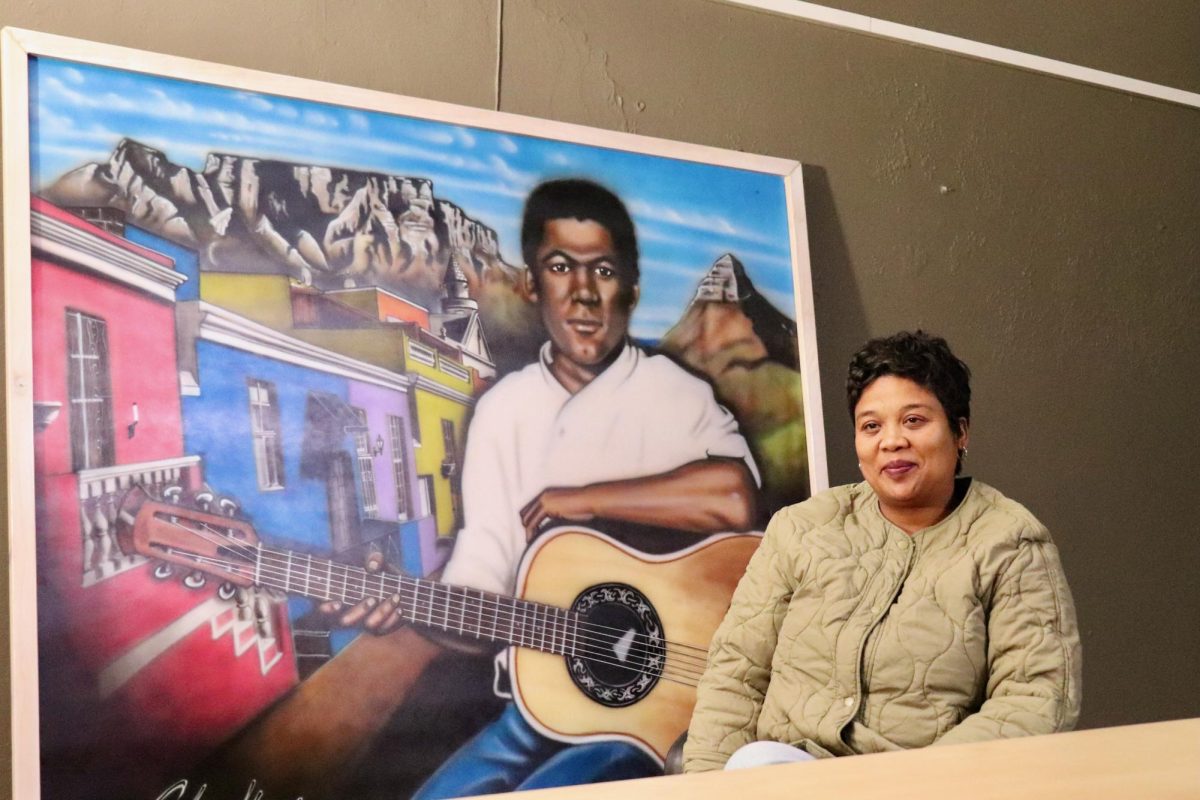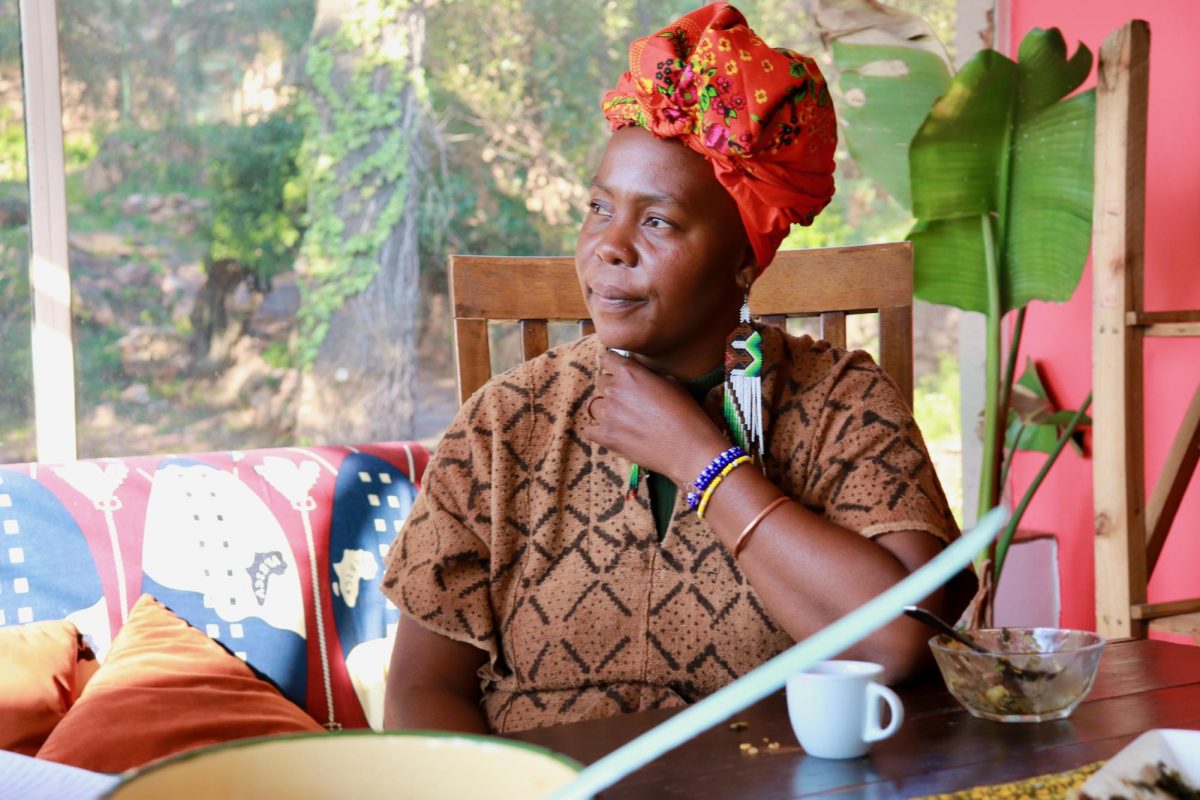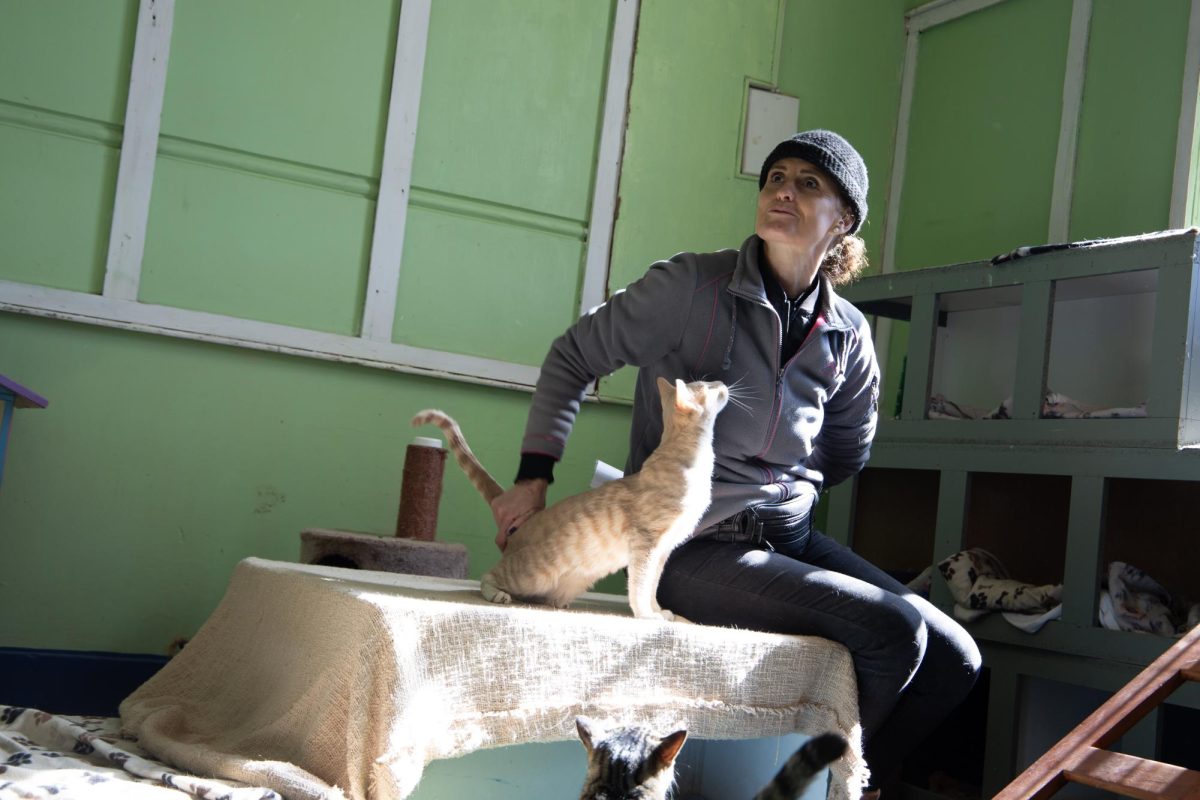Incorporating LGBTQ curriculum
As groups including the University Faculty Senate and the Office of Residence Life look to improve their approaches to inclusion both on campus and in the university’s curriculum, we as a community should consider how we can further promote inclusion for all minoritized populations.
Earlier this month, New Jersey became the second state to require LGBTQ and disability rights history to be taught as part of its public school curriculum. The law follows a tradition of public school systems integrating minoritized groups’ histories into their curriculums. In 2005, the School District of Philadelphia began requiring its students to learn about black history as a graduation requirement, becoming the first in the country to do so.
Requiring students to learn about the histories of minoritized groups, such as the LGBTQ community and communities of color, validate those groups’ movements towards greater societal inclusion. It also broadens students’ worldviews, allowing them to see issues affecting their peers as part of a greater story deserving recognition and respect.
At the college level, students have the opportunity to delve further into the stories of diverse groups, probing internal politics and contemporary issues. St. Joe’s currently offers students this chance through minors in gender studies, Latin American studies, Africana studies, Asian studies and a major in autism behavioral studies.
While these programs are by no means unimpeachable, their existence shows the university’s effort to offer an education on the lives and histories of minoritized groups.
The General Education Program’s (GEP) diversity overlay requirement also speaks to the university’s willingness to ensure that students do not graduate from St. Joe’s without an understanding of cultures, traditions and populations different from their own.
Even with a curriculum that has relative strengths in the area of diversity education, St. Joe’s currently does not have any formal academic programs related to the LGBTQ community. The current academic year’s academic catalog lists only one class pertaining to LGBTQ issues: Lesbian and Gay Narratives, an English course. Notably, it does not fulfill the diversity overlay requirement.
There are opportunities to expand on this class within our existing curriculum through courses which would focus on the work of LGBTQ scholars and writers, as well as contemporary issues within the community and their causes.
The gender studies minor, whose courses span disciplines from sociology to managing human capital, has room to expand to discuss transgender and gender non-binary issues.
Historically, St. Joe’s students have petitioned for changes to academic programs with success. In 2010, communication studies went from a minor to a major with the support of students and faculty, and seven years later graduated 66 students, more than any other major in the College of Arts and Sciences.
The idea of updating our curriculum with an LGBTQ studies program may seem to be idealistic, but when we consider both the changing demographics and increasing levels of civic engagement among our student body, it starts to come into focus as something that is both achievable and necessary. The six Jesuit colleges that offer programs encompassing LGBTQ studies set a precedent for St. Joe’s to become the seventh.
Curriculum changes cannot stand alone in the effort to promote greater inclusion on campus; they need to be supplemented by changes in language and habit both in and out of the classroom.
Making a concerted effort not to assume gender identity or sexual orientation among our peers and normalizing the question “What are your pronouns?” during classroom and residence hall icebreakers are small, everyday changes that can ultimately have a major impact.
As students, we do not need to wait for university policy–such as the rule which bars transgender students from living with roommates—to catch up with what we know is right. We can make the choice at any time to change how we speak and how we think, which will impact how we interact with our peers and ultimately change how safe they feel on campus.
This past winter break marked the first year that Resident Assistants were required to participate in safe zone training, a program which prepares students, faculty and administrators to be LGBTQ allies. That is a policy change which exemplifies a school ready to start doing more not only to embrace but truly support its LGBTQ students.
—The Editorial Board
This week’s Editorial Board is comprised of the Editor in Chief, Managing Editor, Opinions Editor, Assistant Opinions Editor, Editorial Page Editor, News Editor, Lifestyle Editor and Assistant News Editor. This editorial reflects the views of the Board and not the entire Hawk Staff.






































